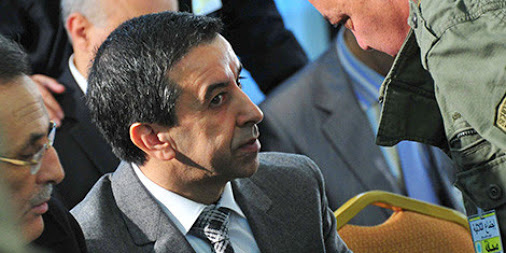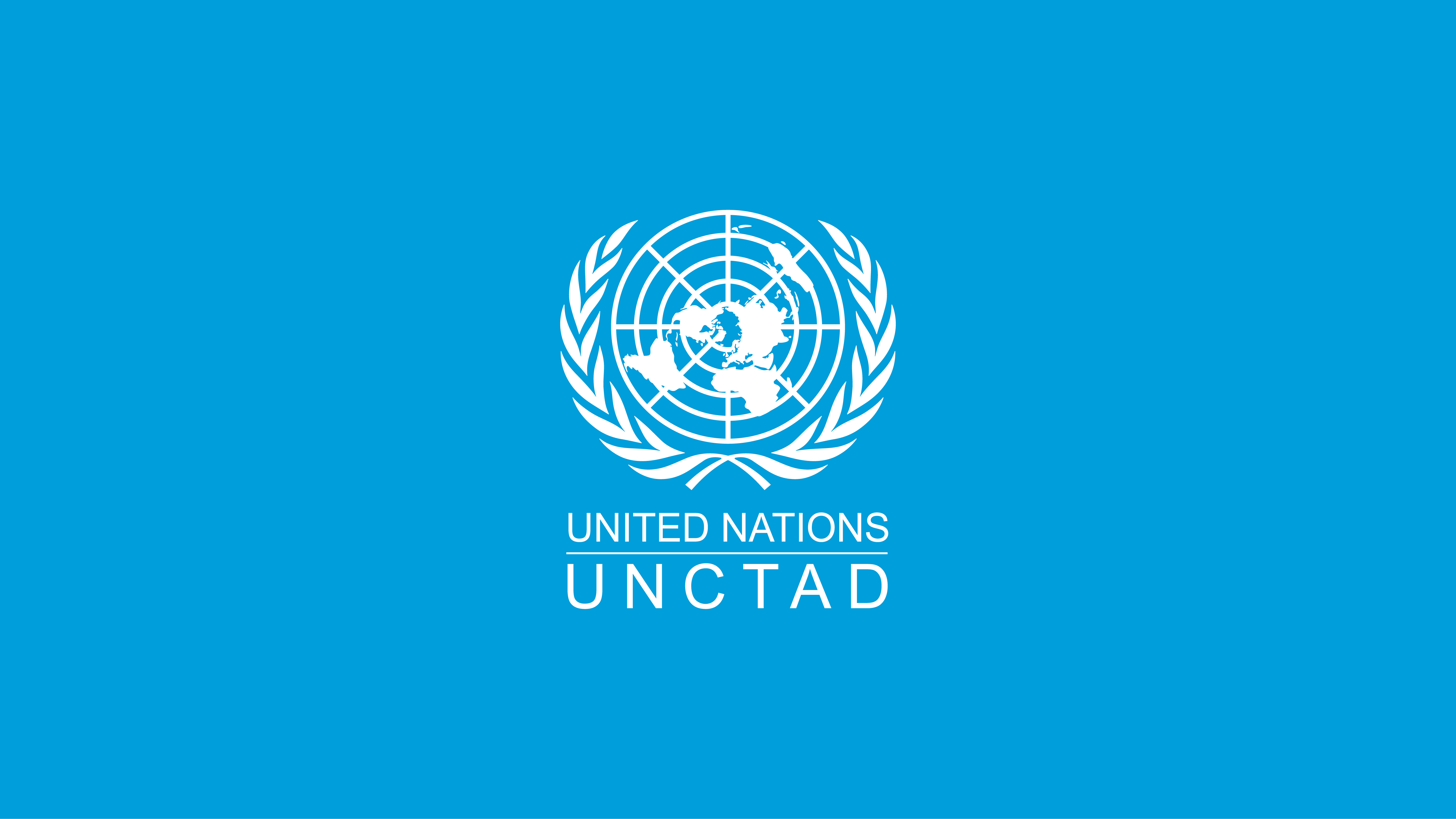The International Monetary Fund (IMF) has slammed African central banks for their misguided currency regulation, especially with regard to the ineffective disposal of their foreign exchange reserves.
In particular, the IMF has scrutinized the African central banks’ rigid exchange rate regulations, criticizing them for disposing of their foreign exchange reserves in an ineffective attempt to regulate their currencies, which in turn hinders their stabilization efforts.
Speaking at the 45th Assembly of Governors Association of African Central Banks, Abebe Selassie, a senior IMF official, said that the African central banks’ exchange rate regulations are rigid. To remedy the situation, the IMF urges increased exports as the key to consistent foreign exchange flow in the region.
“Central banks have for the most part responded to the pressures they faced by selling reserves and not as much by allowing exchange rate depreciation. These will not ease inflation nor stabilize currencies,” Selassie said, claiming that this type of exchange rate strategy has been extremely costly.
“In particular, there has been quite a pronounced decline in foreign exchange reserve in the region, problematic of course given the level of reserves in most countries were on the low side,’’ Selassie added. He also admitted that “in the face of the brutal exogenous shocks … many [central banks] have been caught between a rock and a hard place and had to make invidious tradeoffs,” but these have, according to Selassie, done more harm than benefit.



